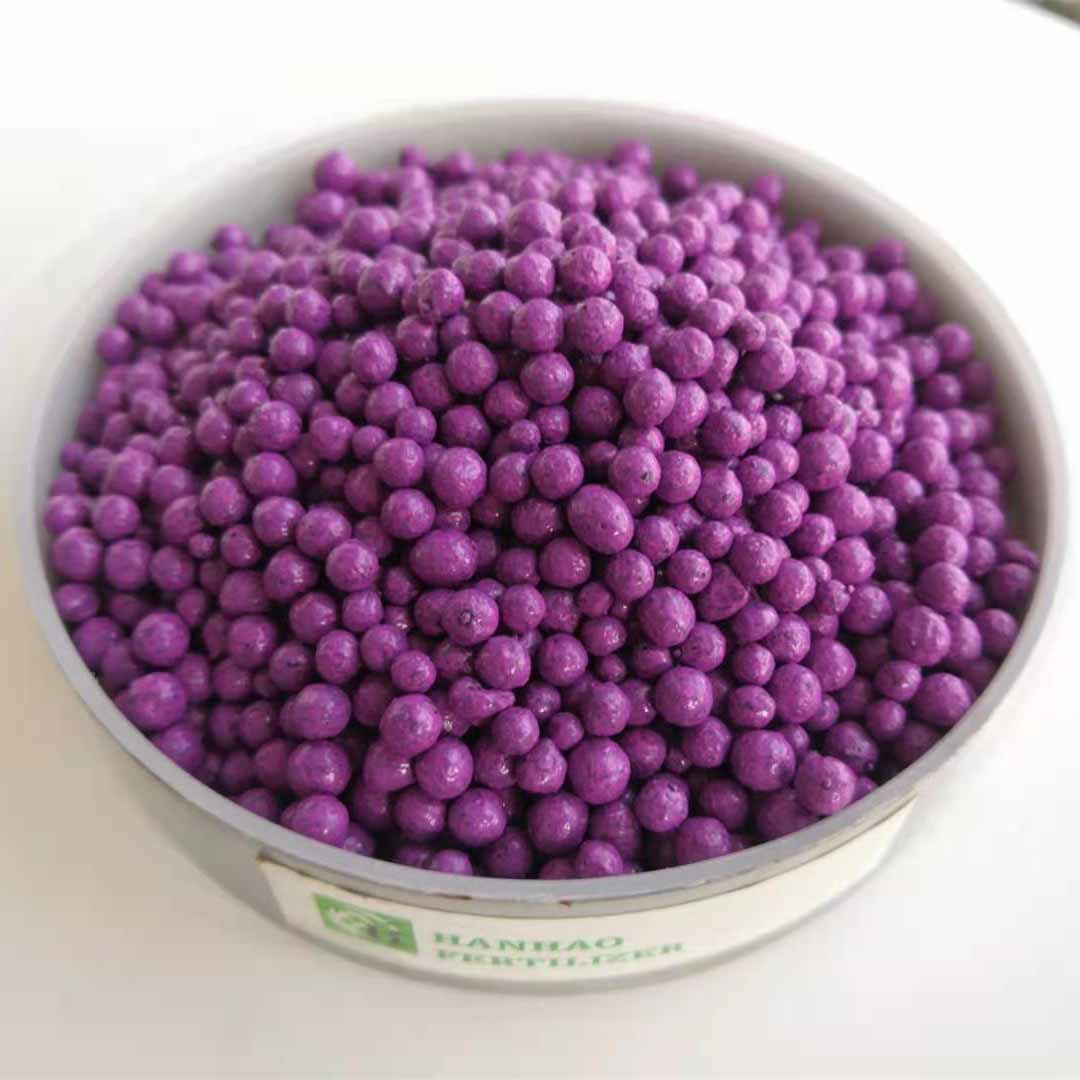
Nov . 08, 2024 23:57 Back to list
NPK Fertilizers Explained Understanding 17-17-17 for Optimal Plant Growth
Understanding NPK Fertilizers Focus on 17-17-17 Composition
In the world of agriculture, fertilizers play a crucial role in enhancing soil fertility and promoting plant growth. Among the myriad of fertilizers available, NPK fertilizers have gained significant attention for their balanced nutrient composition. One particularly versatile formulation is the 17-17-17 NPK fertilizer, which contains equal proportions of nitrogen (N), phosphorus (P), and potassium (K), at 17% each. This article aims to delve into the importance of NPK fertilizers, with a specific focus on the 17-17-17 composition, exploring its benefits, uses, and optimal application techniques for farmers and gardeners alike.
The Role of NPK Nutrients
NPK fertilizers are named after their three essential nutrients nitrogen, phosphorus, and potassium. Each of these nutrients plays a vital role in plant health
1. Nitrogen (N) Essential for promoting vigorous growth, nitrogen is a key component of amino acids, proteins, and chlorophyll. It enhances leafy growth and contributes to the overall vitality of the plant.
2. Phosphorus (P) This nutrient is crucial for root development, flowering, and fruiting. Phosphorus promotes energy transfer within the plant and aids in the formation of DNA and RNA, making it essential for cellular processes.
3. Potassium (K) Known for its role in water regulation, potassium helps plants build resistance to diseases and stress. It encourages strong root systems and enhances the quality of fruits and vegetables.
Advantages of 17-17-17 NPK Fertilizer
The balanced ratio of 17-17-17 makes this NPK fertilizer particularly beneficial for a variety of crops. Here are some of its key advantages
- Versatility The equal proportions of nitrogen, phosphorus, and potassium make the 17-17-17 formulation suitable for different types of crops, including vegetables, fruits, flowers, and ornamental plants. This versatility makes it a popular choice for both commercial and home gardeners.
17 17 17 npk

- Balanced Nutrition The balanced nutrient composition ensures that plants receive essential nutrients at every growth stage, from the initial vegetative phase to flowering and fruit setting. This can lead to improved yields and healthier plants.
- Soil Fertility Enhancement When applied to soil, 17-17-17 NPK fertilizer can improve overall soil fertility. It helps to replenish nutrient-depleted soils, thus promoting sustainable agricultural practices.
Application Techniques
Applying 17-17-17 NPK fertilizer effectively is key to maximizing its benefits. Here are some tips for optimal application
- Soil Testing Before applying fertilizer, it’s important to conduct a soil test. This will determine the existing nutrient levels and help tailor the application rate of the 17-17-17 fertilizer accordingly.
- Timing Timing plays a crucial role in the effectiveness of fertilizer application. For most crops, applying the fertilizer during planting and again at key growth stages (such as before flowering) can yield the best results.
- Method of Application The fertilizer can be applied in a granular form or as a solution, depending on the specific requirements of the crop and the existing soil conditions. Broadcasting and banding are common methods of application.
- Watering After application, it’s important to water the plants adequately. This helps dissolve the nutrients and facilitates their uptake by the root system.
Conclusion
In conclusion, 17-17-17 NPK fertilizer stands out as a balanced and versatile choice for enhancing plant growth and soil fertility. By providing equal amounts of nitrogen, phosphorus, and potassium, it supports healthy development across various plant types. For gardeners and farmers aiming to increase productivity and ensure sustainable practices, understanding the benefits and application techniques of this fertilizer is essential. When used wisely, 17-17-17 NPK can be a cornerstone of successful crop management.
-
Premium 10 10 10 Fertilizer Organic for Balanced Plant Growth
NewsJul.29,2025
-
Premium 10 10 10 Fertilizer Organic for Balanced Plant Growth
NewsJul.29,2025
-
Premium 10 10 10 Fertilizer Organic for Balanced Plant Growth
NewsJul.29,2025
-
50 Pound Bags of 13-13-13 Fertilizer for All Plants – Bulk & Organic Options
NewsJul.28,2025
-
High-Efficiency 15-30-15 Granular Fertilizer for Healthy Crops
NewsJul.28,2025
-
15-30-15 Granular Fertilizer for Optimal Crop & Lawn Growth
NewsJul.27,2025
